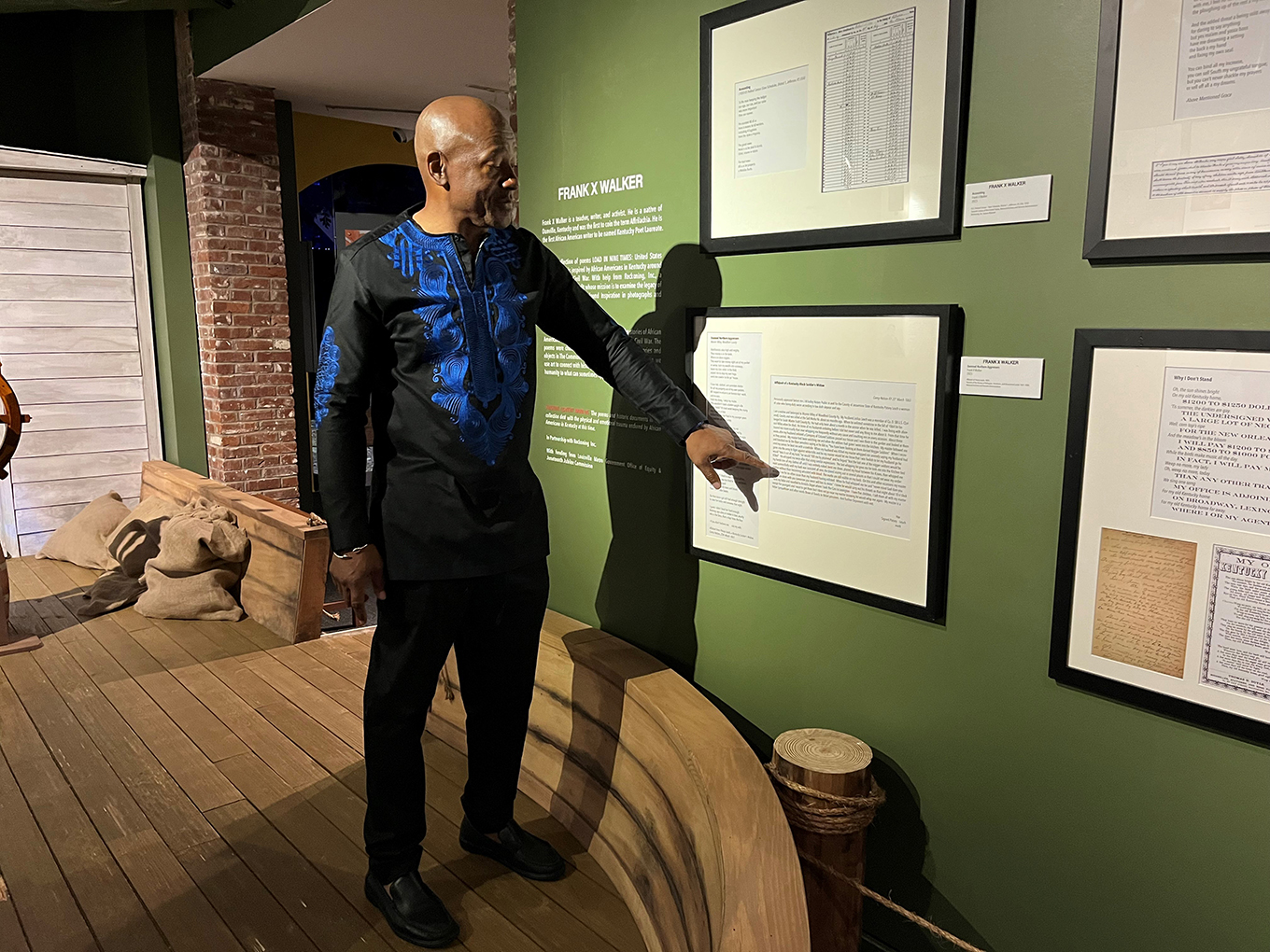
Amy Bottomley
In classrooms across the country, teachers and students are honoring notable Black Americans who demonstrated resistance and resilience by fighting injustice, breaking the color barrier and achieving greatness. Images of Harriet Tubman, Martin Luther King Jr, Jackie Robinson and Rosa Parks adorn classroom walls and the covers of featured picture books.
Certainly, such individuals should hold prominent positions in U.S. history. However, let’s examine why these heroes had to stand up and change the system. Instead of focusing on the people, let’s look at the system itself.
To truly understand the need to highlight the impact of Black heroes, and the significance of Black History Month, we must first understand the system that required such heroics. This system includes the principles that have governed the United States that are prominently enshrined in our founding documents: the Declaration of Independence and the U.S. Constitution. These founding documents can serve as case studies that, when examined, will help us understand why Black Americans needed to change the system.
These are the types of big questions and concepts explored in the National Underground Railroad Freedom Center’s educator resources. The Freedom Center’s mission is to pursue inclusive freedom by promoting social justice for all, building on the principles of the Underground Railroad. Therefore, we promote teaching for social justice in the classroom by utilizing sources that reflect multiple perspectives, develop critical literacy skills, connect the past and present, and empower students to generate positive change.
The Freedom Center’s educator resources also utilize the Inquiry Design Model (IDM), which is one way of designing inquiry-based instruction. For example, to explore the principles in our founding documents, we created an inquiry called Founding Principles guided by the following compelling question: In 1788, was the United States a champion of unalienable rights and civil liberties where all men were created equal? This inquiry requires students to evaluate and critique the general understanding of the founding principles that shape the United States. They consider how the story of our founding documents is told and the perspective it’s told from.
Through this inquiry, students consider how the founding principles of the United States were revolutionary, but did not apply to everyone. This understanding stems from their discussion and categorization of the triumphs and shortcomings of the Declaration of Independence and U.S. Constitution. Students also consider the lasting impacts of slavery on Black Americans. Throughout, students engage in source analysis, asking questions, gathering information, and creating claims supported by evidence.
Ultimately, the inquiry encourages students to take informed action by taking by connecting past to present, asking if the United States is a champion of unalienable rights and civil liberties where all men are created equal? This question requires investigation of social justice through multiple perspectives, including Black Americans. It also empowers students to seek out reliable and credible sources before making conclusions.
The National Underground Railroad Freedom Center understands that Black history is American history. Therefore, teachers must be deliberate in how and why they teach our nation’s history, ensuring that Black perspectives are heard and valued throughout. We must not just tell the stories of Black heroes, but teach why those heroes were needed.
The Freedom Center wants to support your efforts. Please visit the Freedom Center website or email Director of Educational Initiatives Amy Bottomley with questions or for further information.
Amy Bottomley is the director of educational initiatives at the National Underground Railroad Freedom Center. Amy has taught high school social studies and reading courses in Ohio and Maryland, as well as teacher education courses at the University of Cincinnati.



Leave A Comment